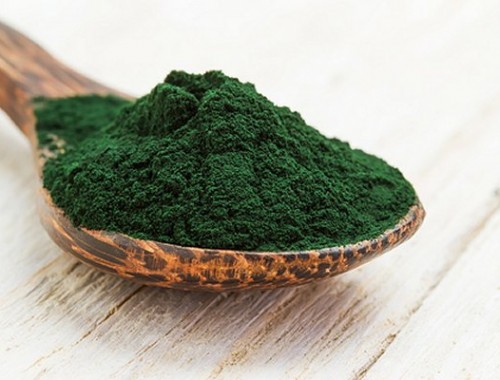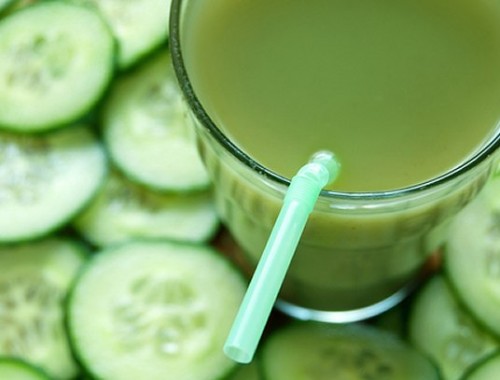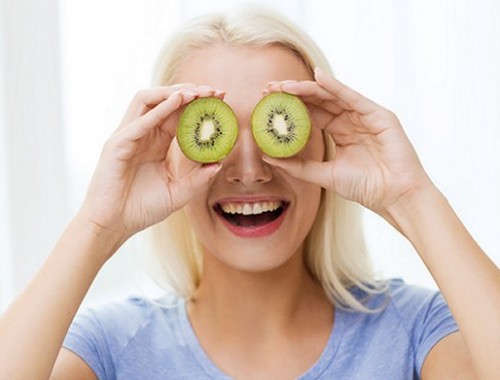If one of your goals is to lose weight then juicing can offer a great alternative to regular diets. The reason that juicing is such a great way to lose weight is because it maximizes the nutrients your body is getting in relatively few calories.
Most diets work by reducing the amount of calories you take in. Combining a calorie controlled diet with exercise reduces your calorie intake and raises the amount of calories you burn. But there is one huge flaw in this technique.
When people reduce their calorie intake their body can suffer from a degree of malnutrition. The less food you eat the more important it is to make sure you are getting all those essential vitamins, minerals and essential fatty acids. Juicing really works well as a diet plan because it packs so many nutrients into small space. Its liquid form also makes it easier for you to absorb all those nutrients.
However, there are a few things to remember when starting a juice diet. First thing is that vegetables tend to contain a higher concentration of nutrients compared to fruits. If you’re mainly juicing fruits with little or no vegetables then you’re probably missing out. Lots of people tend to like more fruit in their juice, especially in the morning and the sugar in fruit can provide an energy boost. But be careful to get a healthy balance of fruits and vegetables each day.
It’s also important to vary your juices so you aren’t always drinking the same thing. Variety is supposed to be the spice of life but variety in the fruits and vegetables you juice will ensure your body gets a little bit of everything it needs.
Many people have to diet while leading a busy life and juicing can complicate that. Sometimes it’s handy to be able to make up juice to consume later at work or while you’re not at home. The best juice to consume is always fresh but putting bottled juice in a fridge or cooler will help to keep it fresh for a while.
Personally I wouldn’t store juice in a fridge or cooler longer than 24 hours. The optimal time to drink juice is right after it’s made. But sometimes life dictates compromise and short-term storage is needed. The question of how long juice lasts after juicing is an interesting one and depends on factors such as freshness of ingredients, heat generated during juicing and oxidization during juicing.
Lots of people add citrus fruits to their juice like oranges and lemons as these fruits seem to help preserve the juice. Indeed Vitamin C (Absorbic Acid) is a natural preservative. If you’re lucky enough to live in a city or town with a juicing bar then perhaps this will be an option for you. You may even be fortunate enough to have a small kitchen at work where you can prepare fresh juice.
Whatever your circumstance, it’s important to realize that juicing can be a useful tool to help you lose weight. Using juice as a meal replacement boosts nutrients while lowering calories. You can juice for breakfast, eat a light lunch and then juice for dinner. Or perhaps you want to juice for every meal? There is nothing stopping you simply replacing your dinner with a juice while eating a regular breakfast and lunch. Find what works for you and experiment a little!







No Comments